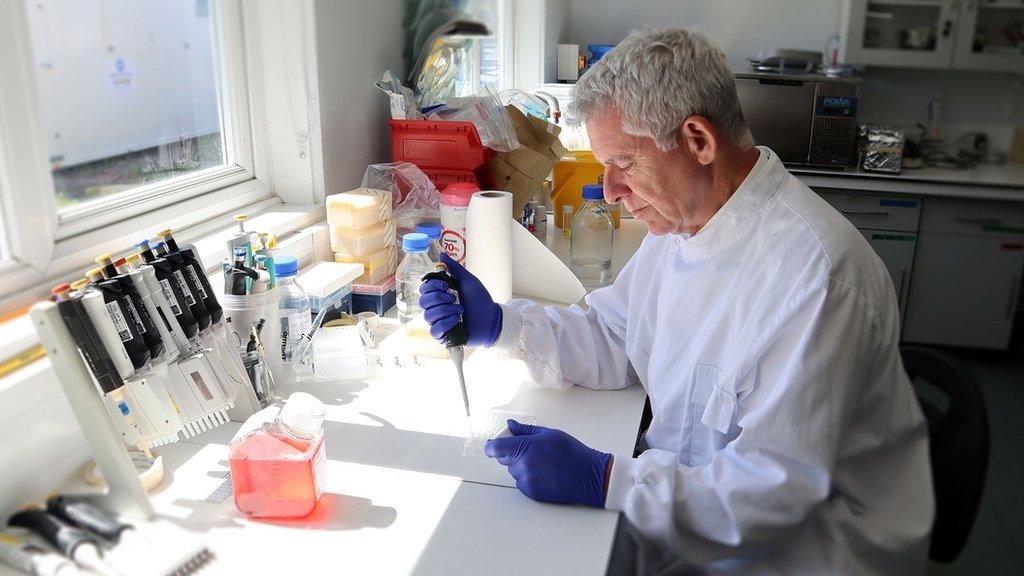Cornwall, Devon and parts of Somerset under bird flu restrictions
- Published
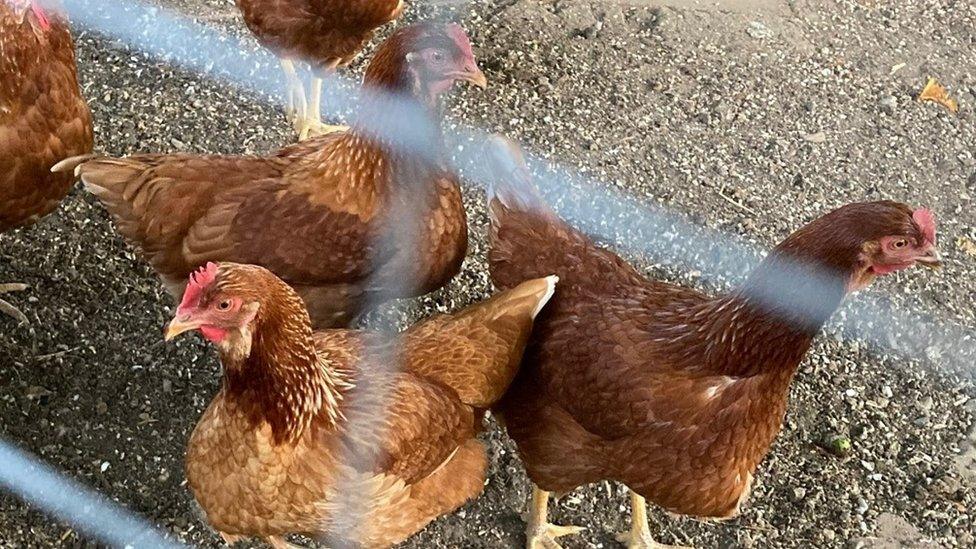
The Animal and Plant Health Authority confirmed cases of the virus in poultry in Cornwall this week
All of Devon and Cornwall, the Isles of Scilly, and parts of Somerset, have been put under avian flu restrictions.
The Avian Influenza Prevention Zone (AIPZ) had been established to mitigate the risk of further outbreaks, the Department for Environment, Food and Rural Affairs (Defra) said.
It follows a number of cases in poultry and wild and captive birds.
Defra said the prevention zone would remain until further notice and kept under regular review.
The zone comes after the disease was detected in captive birds at nine premises across the south-west of England since July, and several cases in wild seabirds, Defra said.
In Somerset, it includes the Somerset West and Taunton district areas.
The UK's deputy chief veterinary officer, Richard Irvine, said all bird keepers had to follow "strict biosecurity measures to help protect their flocks, whatever type or size".
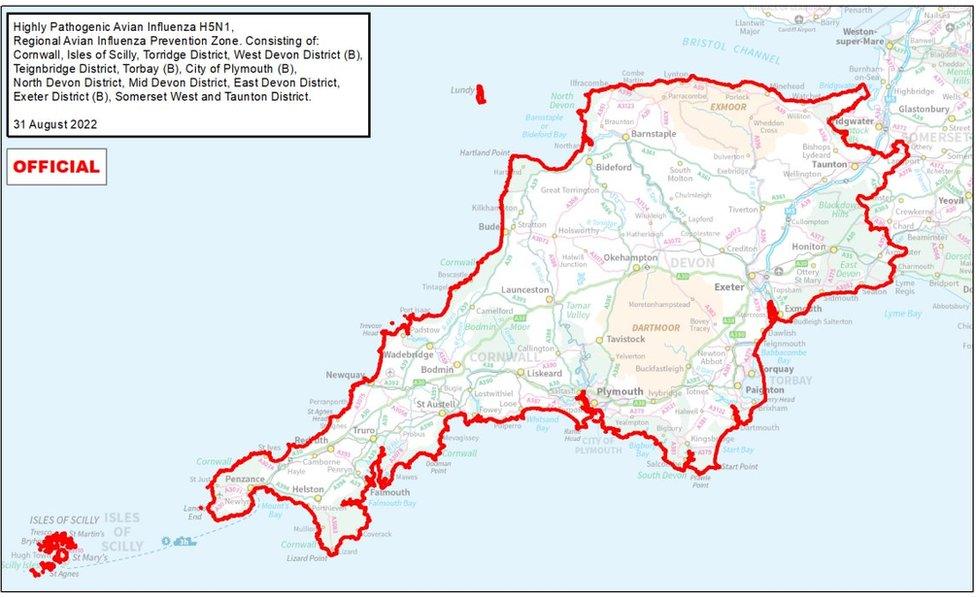
The zone comes after bird flu was detected in captive birds at nine sites across the South West since July, as well as cases in wild birds
Backyard owners with small numbers of poultry, including chickens, ducks and geese, "must take steps to limit the risk of the disease spreading".
Keepers with more than 500 birds needed to restrict access for non-essential people, he said.
Workers on those sites also needed to change clothing and footwear before entering enclosures, and vehicles needed to be cleaned and disinfected regularly, he added.
Defra said the UK Health Security Agency advised "the risk to public health from the virus is very low".
The virus was confirmed in poultry at a site near Constantine in Cornwall earlier this week, the Animal and Plant Health Authority said.
Paignton Zoo in Devon has closed after positive test results.
The H5N1 strain of the avian influenza virus is highly contagious among birds, and spread by close contact with an infected bird, whether it is dead or alive.

Follow BBC News South West on Twitter, external, Facebook, external and Instagram, external. Send your story ideas to spotlight@bbc.co.uk.
Related topics
- Published30 August 2022
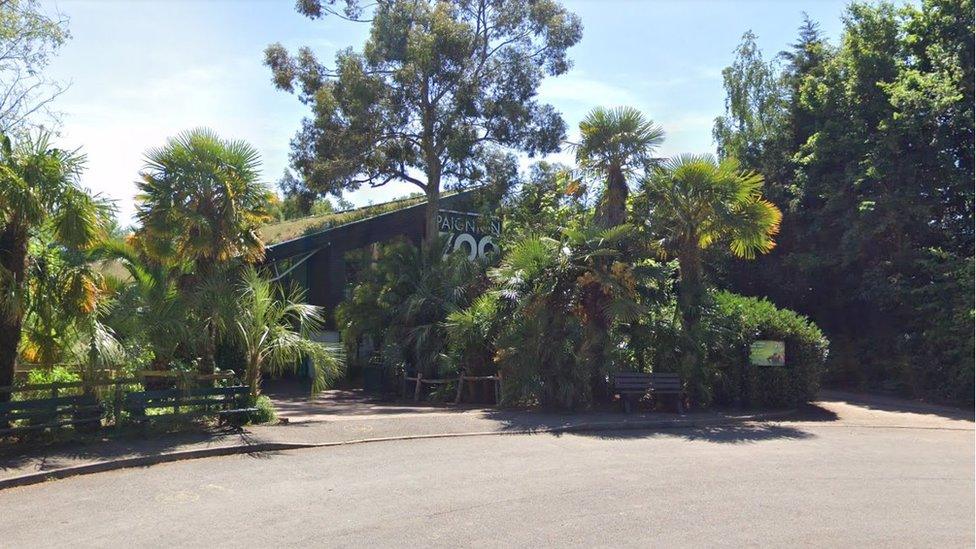
- Published30 August 2022
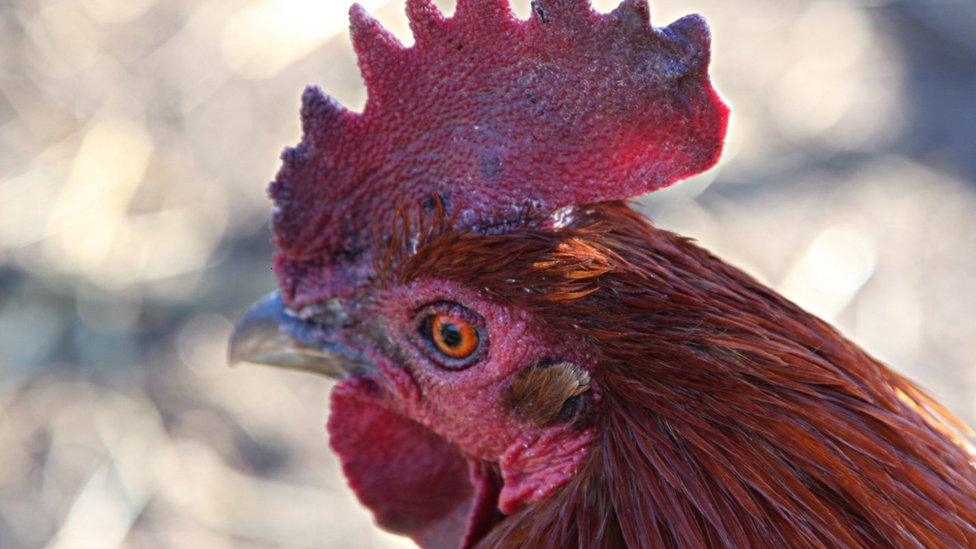
- Published24 August 2022
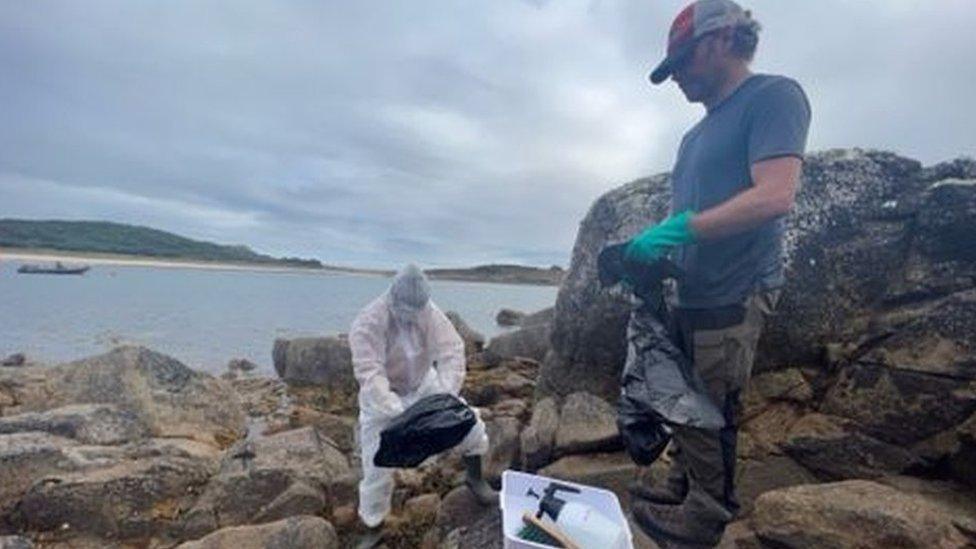
- Published19 August 2022
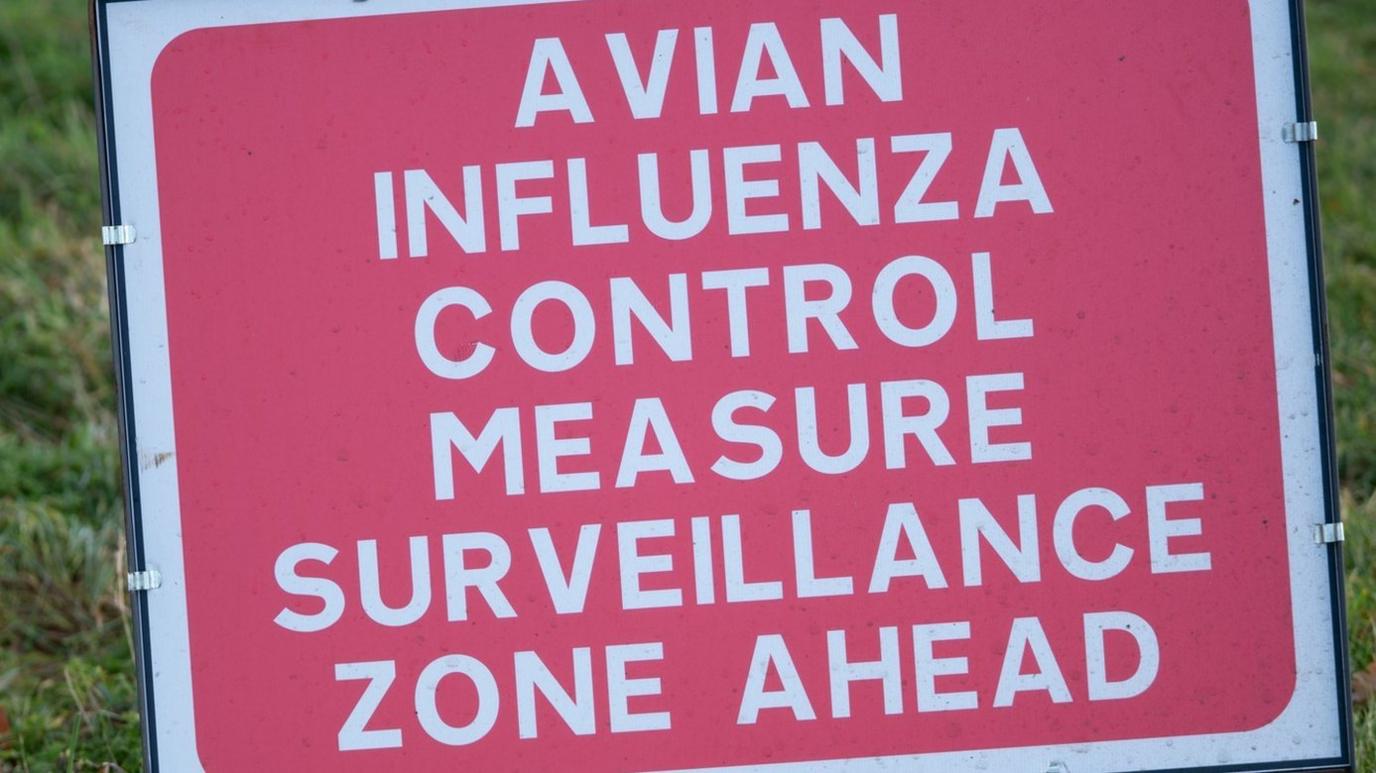
- Published22 August 2022
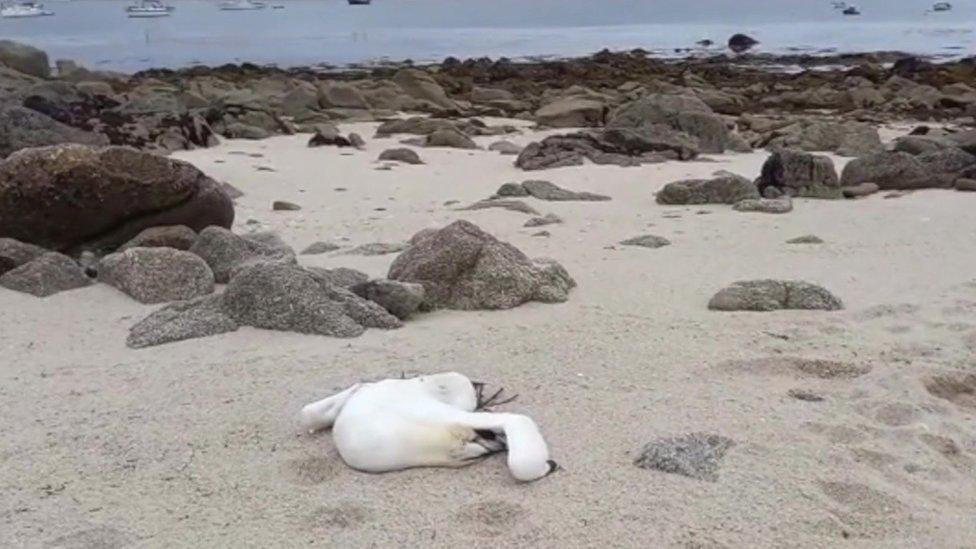
- Published20 June 2022
